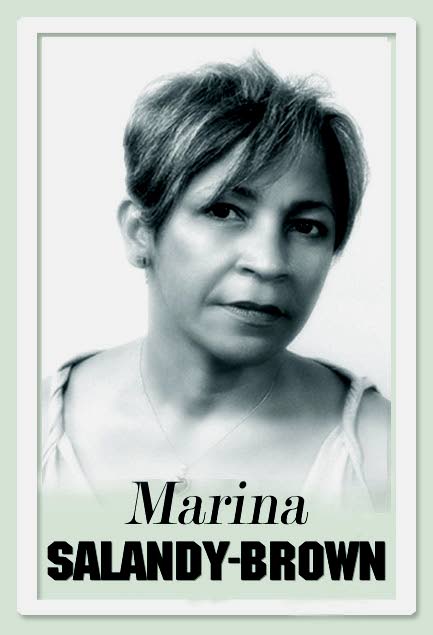The outing of science

When I worked as a BBC programme producer, I became deeply aware of the disconnect between science and the people. In the BBC’s vast array of programmes, science and scientists seemed to be in a box of their own. They lived in ivory towers, impervious to humankind, who one might imagine were supposed to be the beneficiaries of their work and great minds.
The huge ructions that took place at that time, staged by animal-rights groups which had turned to extreme violence in protest over the use of animals in laboratory testing, started winkling scientists out and making them accountable for their work. The men in white coats resisted but could not withstand the onslaught.
The BBC’s science programmes were then mainly weekly magazine formats with short, interesting exposes of scientific developments, such as Science Now or a programme on medicine or stargazing. All very interesting but safe stuff.
The protests changed that by making scientists and their work big news stories. Yet, when I tried, in my BBC capacity, to encourage scientists to take part in wide-ranging discussion programmes, they recoiled – so unused were they to being in an environment where the talk was about more than science.
One scientist declined my invitation, explaining that a scientist’s place was in the laboratory, not holding forth in public arenas. He may not have meant that it was a time-waster mixing it up with people who were challenged to understand what he said. And I cannot imagine what he thought about me telling him that his work had no relevance if it stayed in the lab.
However, through the strategic featuring of reputable scientists with a broader view of the role of the scientist in society, we gradually made others see the merits of wider communication.
In the late 1980s, Miroslav Holub helped break the ice. A wonderfully charming man, he was a Czech immunologist whose poetry casually revealed the influence of his scientific knowledge and was as much admired as his scientific work.
He would never have imagined being as famous as Dr Fauci, the immunologist and chief medical adviser to the US President whom Donald Trump tried to discredit and instead made into a household name, but, in fact, had Holub been around now, he would have brought much to the debate and be the living proof of the benefits of an open approach to science. Because of his intellectual breadth he thought boldly about immunology, and his ideas have gained new currency, according to his fellow Czech immunologists.
People educated when I was all had to come to terms with CP Snow’s analysis that the western world was divided into two cultures: science and the arts. Himself a physicist, Snow critiqued the complete ignorance about scientific ideas amongst even the most highly educated who commonly regarded scientists as illiterate.
And it is true, few people who could look at a Picasso painting and be moved by it considered it relevant to be awed by the wonder of a scientific theory, when in fact art and science, although often polarised, are two elemental parts of the human experience.
The fault is that we were educated to consider art as of and for the people, and science the opposite. Science was for nerds and the arts were for those not bright enough to study it.
Alas, some of this thinking still prevails in schools in TT. A young relative in a prestige school and with a bent for science not so long ago brushed off my entreaties to read a novel, assuring me that he had no need of that.
My programme trail blazed with fruitful discussions about the “two cultures” divide and might include David Attenborough, whose nature films played a major role in proving that we all belong to the same wondrous world, and Ernst Gombrich, author of The Story of Art, the great classic. People who had split the atom and those who had won Nobel prizes for literature exchanged ideas on air, or the biographer Brenda Maddox who reclaimed overlooked female scientists, and perhaps David Hockney, with his extraordinarily broad view of life, would have a conversation about exclusion or about Darwin. The audience rocketed and we helped turn the tide.
Today, scientists populate all manner of mainstream broadcasting in the UK and elsewhere and are keen to listen to the views and concerns of non-scientists as much as give insights into their own work.
A 2014 UK Public Attitudes to Science Survey revealed that two-thirds of respondents had experienced a science-related leisure or cultural activity and were just as likely to attend a non-science related cultural event. London’s Science Museum attendees are just as interested in the arts as science, its 2017 survey showed. The rise of health science, space travel and the internet have helped popularize science.
The pandemic has brought it more out of the woodwork still. Holub would be amazed that the man in the street now argues about immunology and has a theory of his very own.

Comments
"The outing of science"